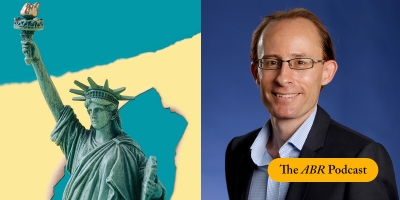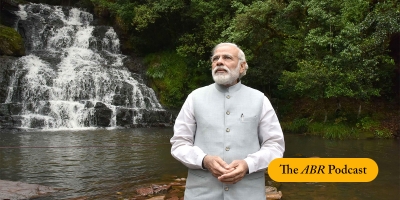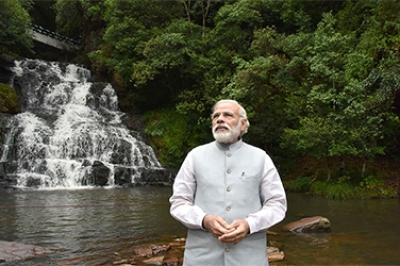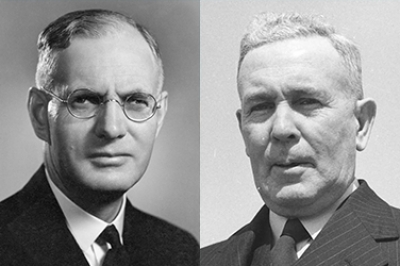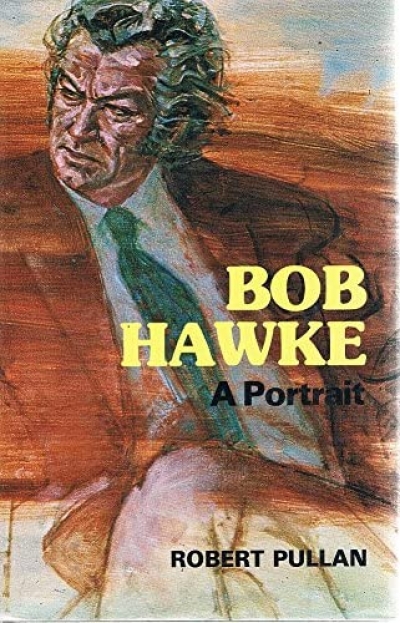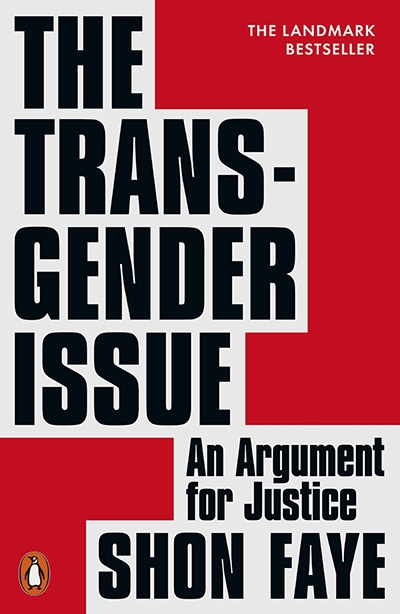Politics
Before the May 2022 federal election, Anthony Albanese, partly to silence critics of his ‘small target’ campaign and partly to manage wider expectations, proposed to lead a Labor government that under-promised and over-delivered. A deliberately thin ‘look-at-them’ election campaign was designed to keep the focus on a tired and compromised Coalition government, rather than following Labor’s usual approach of fighting for voters’ attention with big new ideas. For a social democratic party which exists for reform, it was an unorthodox strategy and one not without risks. The political capital from any ‘over-delivery’ might well accumulate for a ‘re-election’ bid in 2025, but the thinness of Labor’s 2022 enticements would be obvious.
... (read more)Russia’s invasion of Ukraine in late February this year was met with near universal condemnation by Western nations. While aggression of this kind and on this scale has been relatively anomalous this side of the second world war, Russia’s disregard for the laws and institutions upholding global peace and security is far from unprecedented. In this week’s episode of The ABR Podcast, Ben Saul reads his commentary piece from the July issue, arguing that Western disrespect for international law is entirely consistent with Russia’s violation of ‘a stable, mutually agreed world order’ ...
... (read more)A year before he ascended to the prime ministership of India in 1947, Jawaharlal Nehru proclaimed that his nation was ‘a cultural unity amidst diversity, a bundle of contradictions held together by strong but invisible threads’. Yet, in the seventy-five years since India’s independence, secularist tolerance of religious and cultural difference has been eroded by a rising tide of Hindu majoritarianism. In this week’s episode of The ABR Podcast, John Zubrzycki reads his commentary on India’s transformation under Narendra Modi’s leadership ...
... (read more)Each federal election brings with it a bunch of promises, attacks, blunders, and unpredictable moments. During the recent federal election we had Anthony Albanese’s ‘gaffe’, Scott Morrison’s undercooked chicken curry, and #JoshKeeper. As usual, the intrepid (and long-suffering) lexicographers and language watchers were hard at work monitoring the language of the campaign.
... (read more)On 15 August 2022, it will be seventy-five years since Jawaharlal Nehru declared that India’s ‘tryst with destiny’ had finally been ‘redeemed’. The rapturous crowds that gathered outside the Constituent Assembly in New Delhi on that sultry summer night cheered as loudspeakers relayed the words: ‘At the stroke of the midnight hour, when the world sleeps, India will awake to life and freedom.’
... (read more)Australia’s new Commonwealth government has pledged to initiate a ‘universities accord’ and build consensus on higher education policy questions. This follows a period of torrid relations between universities and the government where constructive dialogue was patchy at best. We may have heard little from Labor about universities over the course of the past nine years, but its ‘universities accord’ election pledge at least recognises that, for the good of Australia and its people, it’s time to reopen constructive channels of communication.
... (read more)Following the recent federal election, we invited several senior contributors and commentators to nominate one key policy, direction, or reform they hope the Albanese government will pursue.
... (read more)The leaked draft judgment in the case of Dobbs v. Jackson Women’s Health Organization, in which US Supreme Court Justice Samuel Alito proposed overturning the precedent set by Roe v. Wade, has returned abortion rights to the headlines. In this week’s episode of The ABR Podcast, Linda Atkins reads her essay, ‘Shouting Abortion’, which sets women’s right to terminations within the broader context of intergenerational poverty and the class lines of the medical profession ...
... (read more)Success may not always have come easy to Robert James Lee Hawke, but it has come often. In 1969 he became President of the ACTU without ever having been a shop steward or a union organiser or secretary; he had never taken part in or led a strike. His experience at grass roots or branch level in the ALP had not been extensive when he was elected Federal President of the party in 1973. Now, untested in parliament and government, his jaw is firmly pointed towards achieving what has always been his ultimate ambition – the prime ministership.
... (read more)The Transgender Issue: An argument for justice by Shon Faye
Shon Faye, trained as a lawyer before moving into advocacy work, brings her multi-disciplinary background into an unflinching look at where trans people in the United Kingdom are now, what lead them here, and where we go next. Consciously forgoing memoir, Faye takes a systematic approach to learning from history, clearly laying out the case for trans liberation.
In the opening pages, we learn of the suicide of Lucy Meadows, a young teacher and a trans woman. As Faye unpicks the immediate and circumstantial paths that lead to this event, we glimpse a tapestry of transphobia that, by the conclusion, is thoroughly unravelled. The introduction presents a litany of trans people (both alive and dead) bearing the brunt of endless scrutiny. The next seven chapters give voice to the conditions faced by trans people, and how we might glimpse liberation through the muck of a transphobic society.
... (read more)


